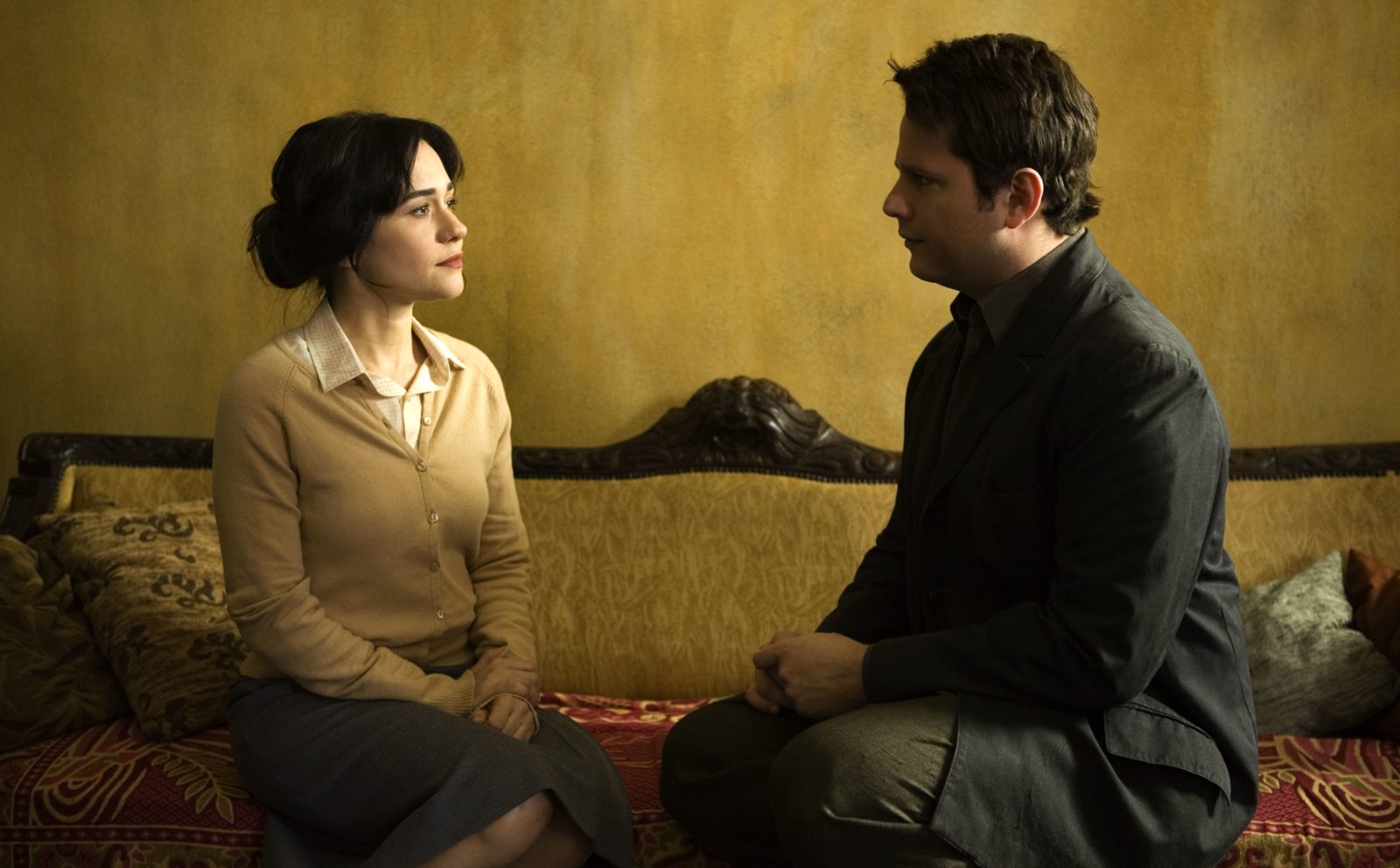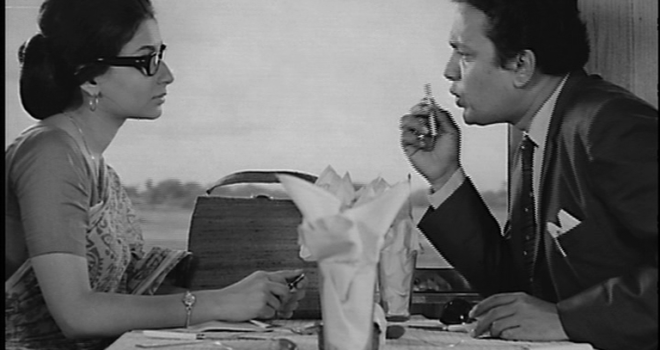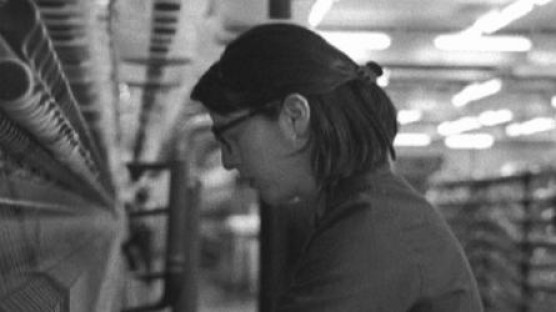Following their accidental meeting in a cemetery (was it really?), a man and a woman develop an attachment, which slips from a sincere and contained affection towards a less ordinary relationship.
A Erva do Rato (The Rat Herb) is loosely inspired by Machado de Assis’s tales, A Causa Secreta and Um Esqueleto and has the power that have all maste- rworks to question order and appeal to our senses, by highlighting them. The film blends naturalist description and national issues particularly present in their historical, geographical, botanical, mythological, dimension deliberately hackneyed and as one gradually finds out here clichés are not to be taken for granted. From the very beginning the film, meticulous and artesian, seems to be led by a more underground current as nature itself is dominated by unpredicted weather forecasts. Which is the surreal meaning of this “slipping” narration? In Julio Bressane’s film the word “senses” offers us a sample of his unnerving semantic generosity. Lets also point out the intellectual crossbree- ding with his Portuguese cousin Manoel de Oliveira and his spinning black sense of humor brought into being in certain fantasy fables. But by placing next to Machado de Assis, the painter Gustave Courbet, another contemporary of the birth of photography, the Brazilian filmmaker affirms his immersion of passion towards the female body and need to set apart subject and object, which is also the stake of art, at a moment when image holds primacy over pure vision.
JérômeBaron





